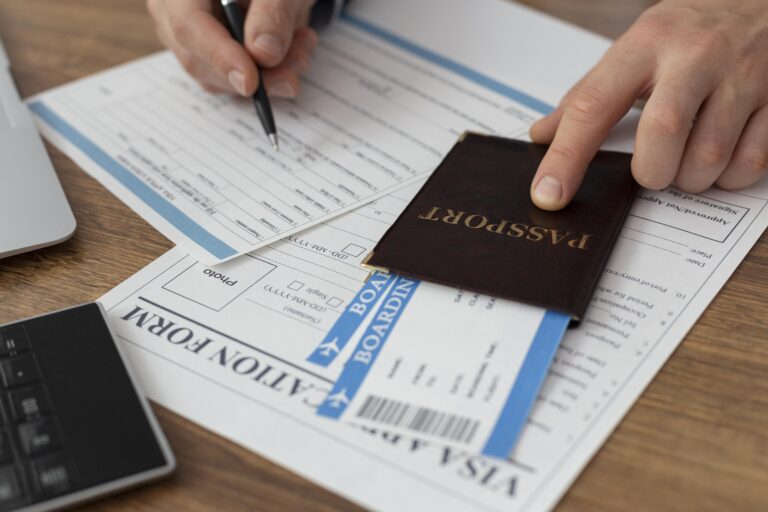As a small business owner, a freelancer, or an individual, you may find it difficult to decide whether to outsource accounting responsibilities or handle them on your own. This is especially true in the case of managing your finances and taxes. So the question you ask is: Do I need a CPA?
Well, answering this question fully depends on you, your business, and how much time you have to go through all these numbers.
While you can take care of the day-to-day finances yourself, there are instances where the knowledge of a CPA can help you make informed business decisions, avoid costly mistakes, and save you time.
What is a CPA?
CPAs are Certified Public Accountants. Some CPAs are tax experts who can file your business taxes, answer important financial questions, and potentially find tax savings for your business. While all active CPAs have accounting degrees, they differ from unlicensed tax preparers.
What does a CPA do?
CPAs can help your business on various levels. They handle bookkeeping, preparing financial documents, financial planning, and tax filing, among many other tasks.
Certified Public Accountants (CPAs) play integral roles as trusted financial advisors for small and large businesses. They are entrusted to handle confidential financial data competently and provide a full range of services needed for financial and business success. The regulatory complexity and shifting demands of today’s business environment have further intensified the importance of CPAs’ knowledge and insight.
When should you hire a CPA?
Although it may seem tempting to hire a full-time CPA to lean on with all financial decisions, you do not necessarily have to. Many CPAs offer their services as consultants, so you can refer to your CPA on demand. Interview potential CPA candidates to find one who fits you and your business well. Interviewing them helps you decide if they have the right background and expertise to help you achieve your business objectives. But as to when you should hire a CPA, here’s your answer:
1. When Launching a Business
When you’re about to launch a business and you’re on a tight budget, you might disregard your need for a CPA. You know, to save on their fees. However, like many other startup costs, it’s an investment that will pay off in the long run. Plus, it qualifies as a tax-deductible expense!
A CPA can help you set up your business by recommending the best model and structure for your company. The legal structure of your business (sole proprietorship, partnership, LLC, corporation or co-op,) affects your taxes, liability, and reporting requirements. In addition, a CPA can also help you determine whether cash or accrual accounting fits your business best. This alongside many business decisions you can make following a discussion with your CPA.
2. Around Tax Season
This is the time when you should ask yourself do I need a CPA?
As the word CPA is usually synonymous with taxes, accountants get pretty busy this time of the year.
CPAs can prepare and file your tax returns, and help you minimize your tax liability for the following year. Moreover, your CPA can represent you if you or your business are audited or, the IRS has questions about your return. This is a scenario where you need a CPA, a very good one!
3. Special Cases
- You’re launching a business and need to know which of the startup costs are deductible.
- Your business started as a hobby and you want to know how the IRS will classify your company.
- You’re a freelancer with multiple streams of income that are difficult to manage.
- Your home and small business intermingle, and you’re not sure which expenses are deductible.
- If you’re in need of a business loan, your CPA can advise on which loan better suits your business’ needs. Your CPA can also help you out with your loan applications.
4. When You Acquire, Merge, Sell, or Close a Business
When your business undergoes significant structural or operational changes you should consult a CPA about the tax implications for your business and for yourself. Structural or operational changes include acquiring a business, merging with another company, selling or closing your business, or ending a partnership.
If you’re acquiring a business, a CPA can help you go through its financial records and perform the financial and tax due diligence. If you’re selling your business, a CPA can help you determine your business valuation, and prepare your financial reports and statements.
So, Do I Need a CPA?
Now, all of these cases, and incidents may seem tricky to handle on your own. And if you experience any feelings of overwhelm or frustration at any time while running a business, you need to hire a CPA. Whether to file your taxes during tax season, or to advise you on some financial matters, the right CPA can alleviate most of the stress that comes with handling money and taxes. This keeps your mind free to discover new possibilities and areas of growth on a personal and business level.






